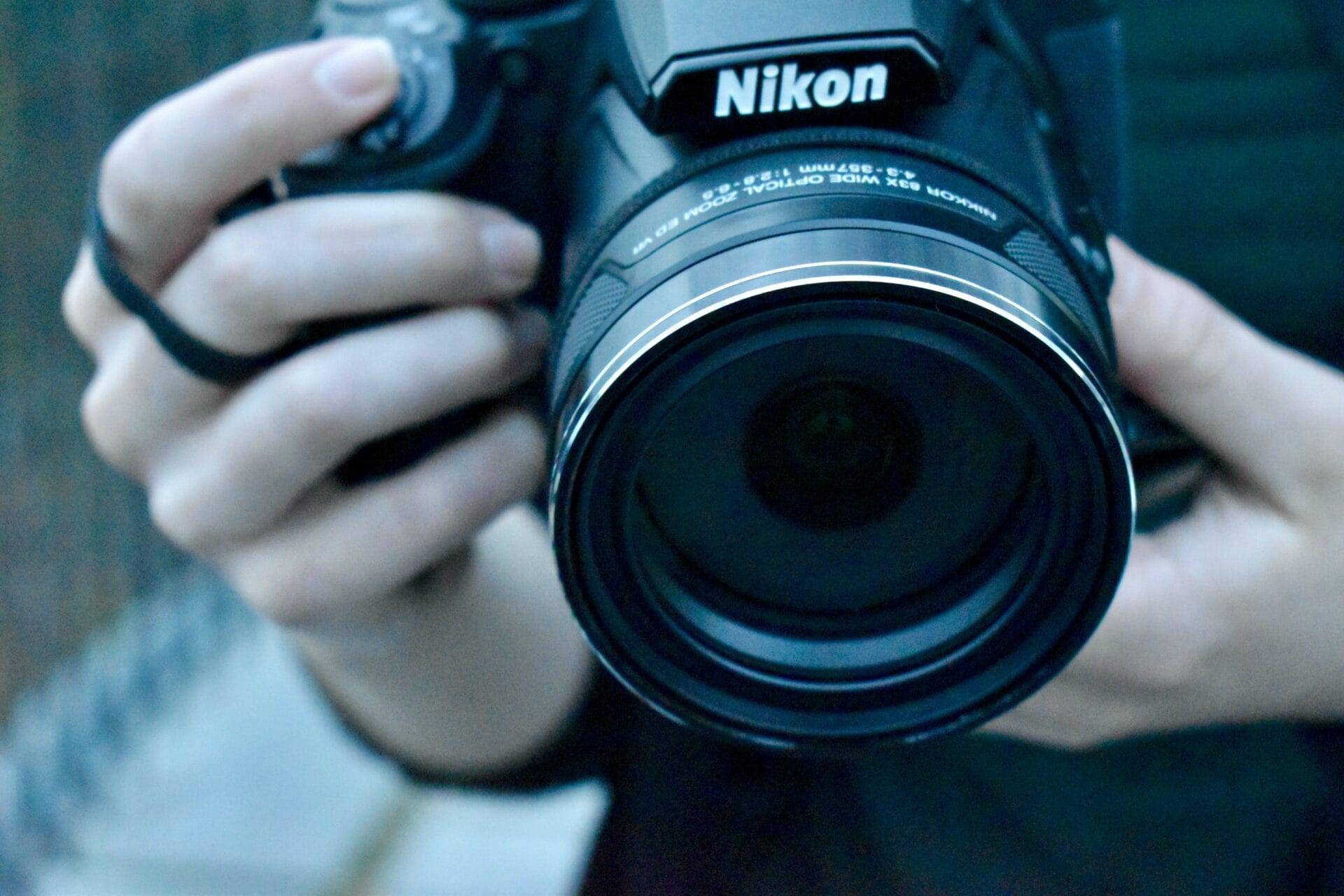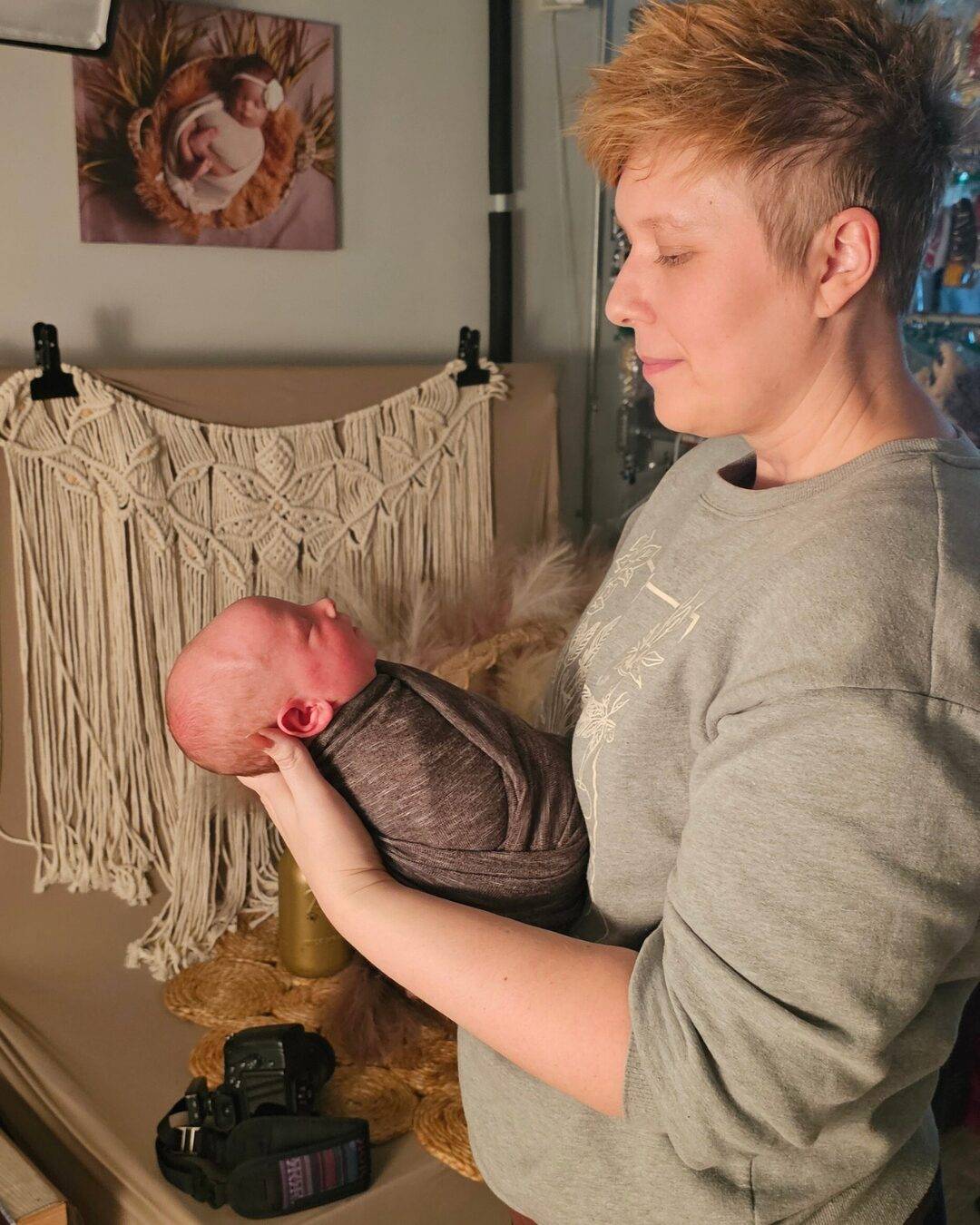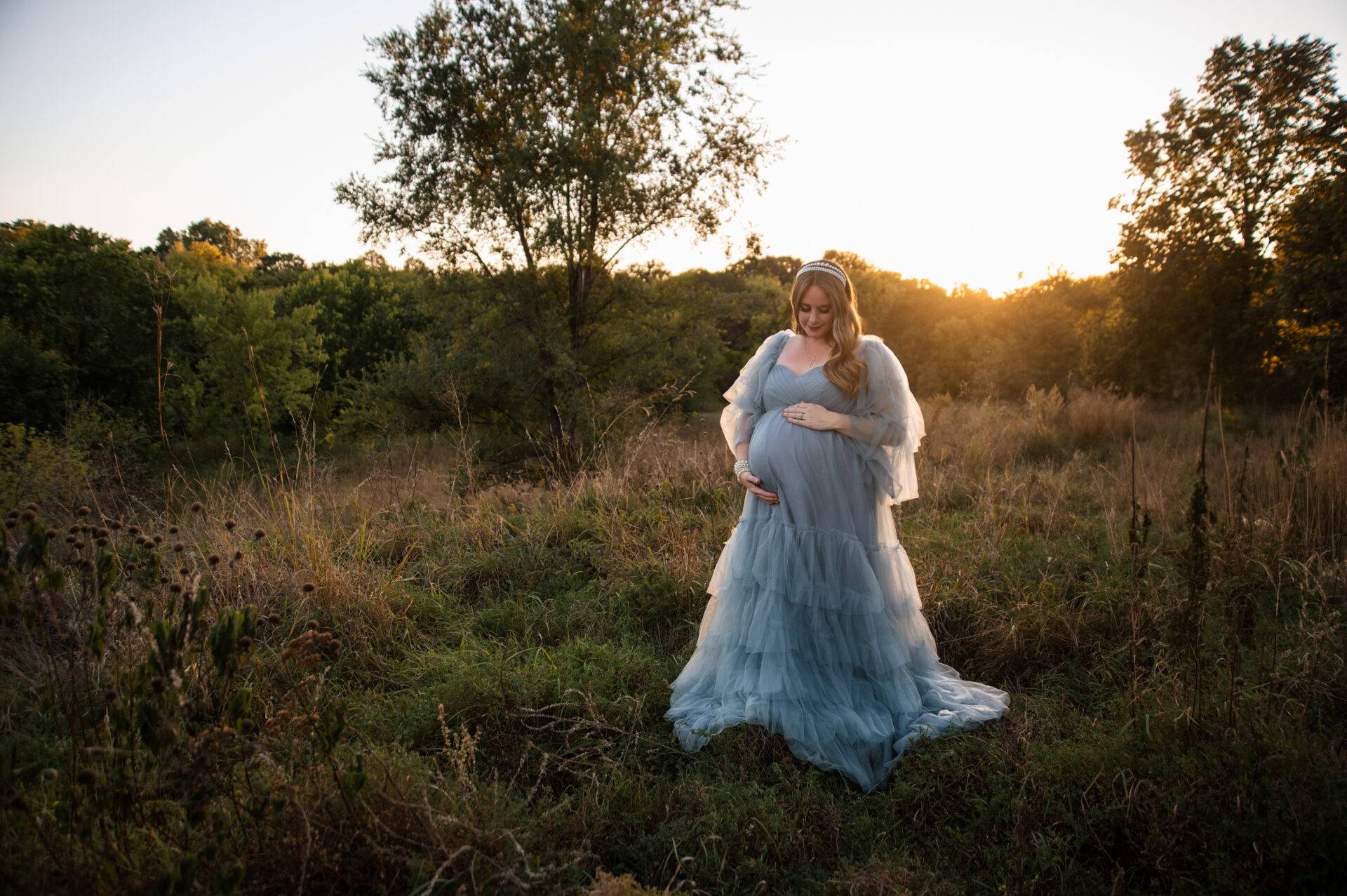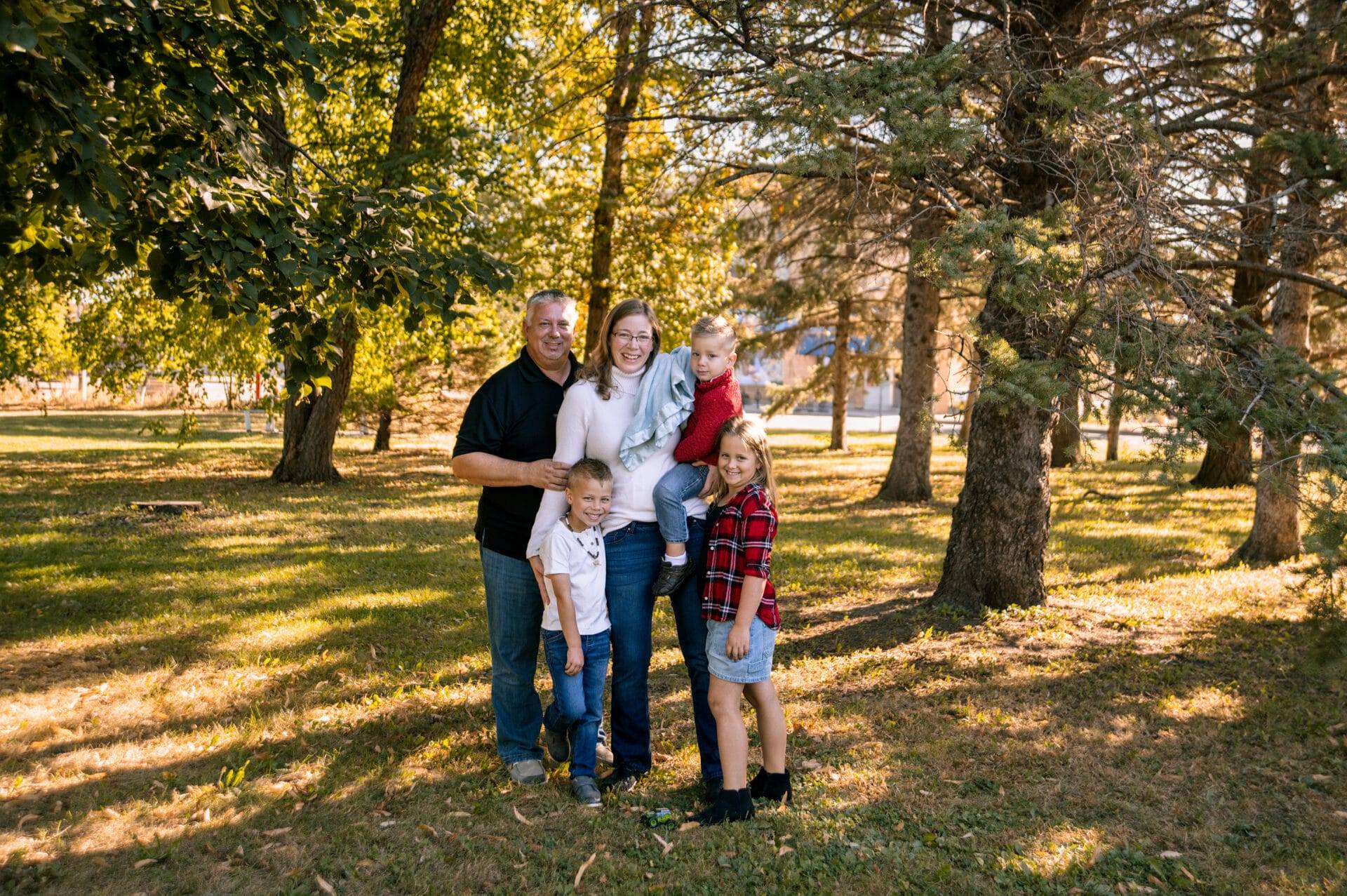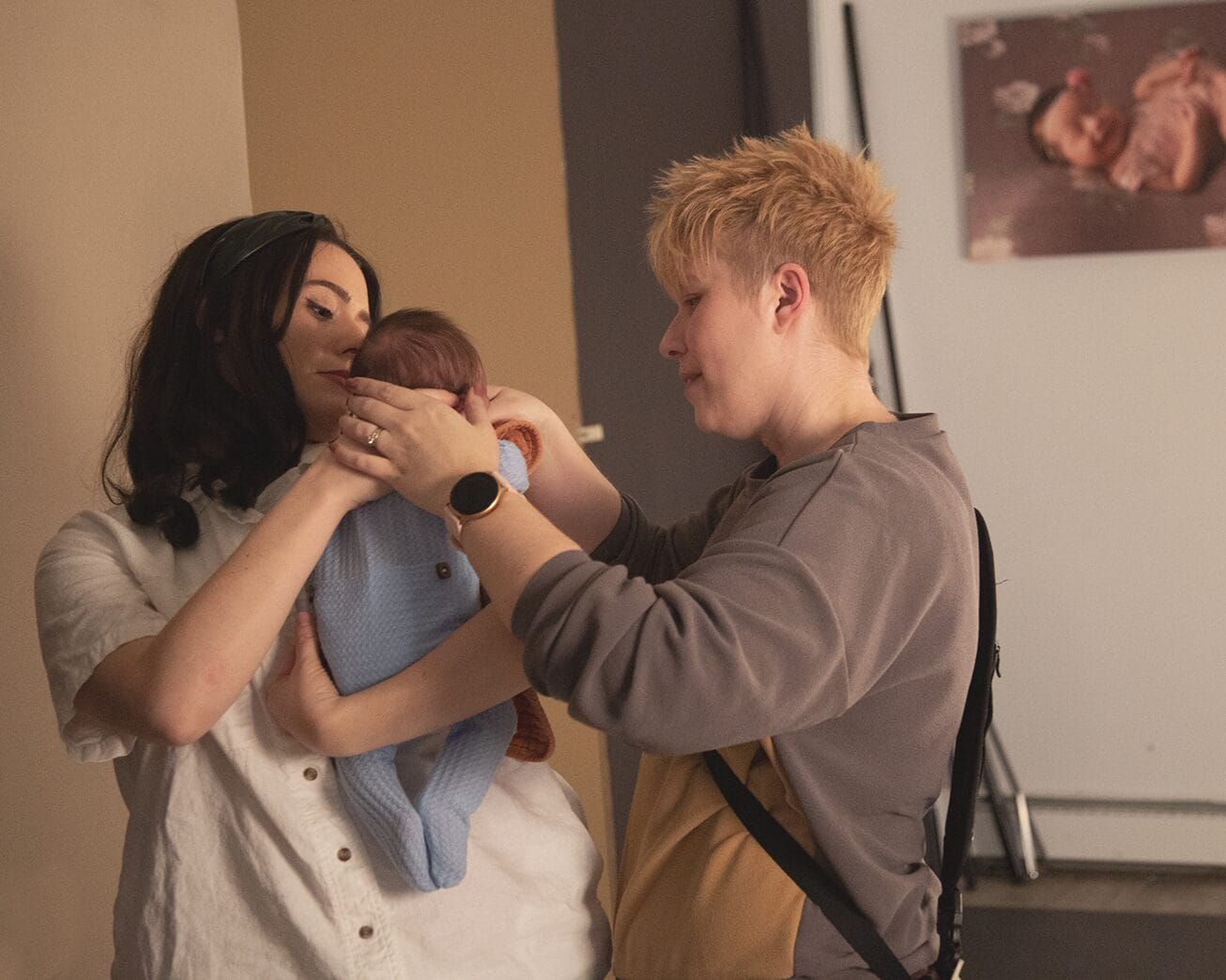The Transformative Role of Mentorship in Photography
Venturing into the world of photography can often feel overwhelming. With countless techniques to master, an ocean of styles to explore, and a competitive landscape to navigate, having a mentor can make a world of difference. Imagine having someone who not only understands the intricate layers of photography but also has the experience to help you grow at an unprecedented pace. This is where mentorship steps into the spotlight, shaping your journey as an artist and a professional.
Why Mentorship Can Drastically Enhance Your Learning Curve
Think about the last time you learned something new. Was it easier with someone guiding you along the way? When it comes to photography, mentorship provides that essential support. By learning from a seasoned photographer, you can quickly grasp complex concepts and techniques that might take months or even years to understand on your own.
Consider this statistic: According to a study by the National Mentoring Partnership , 55% of mentees report improved skills in their respective fields. This improvement can be attributed to personalized feedback and the acceleration of learning opportunities facilitated by mentorship.
Your mentor can provide critiques on your work that are both constructive and insightful. They might point out techniques that you overlook or introduce you to methods that significantly improve your photography. Having someone watch your back means you don't just improve—you thrive! It’s like having a personal coach who knows exactly how to unlock your potential.
Personal Growth Through Creative Feedback and Support
Photography is not just about capturing images; it’s about conveying emotions, telling stories, and expressing unique perspectives. With every click of the shutter, you are in a constant state of growth—mentorship amplifies this growth. Feedback is the backbone of your development. Through constructive criticism and encouragement from a mentor, you can push beyond your limits.
Imagine you’ve shot an entire series, poured your heart into it, only for it to be met with silence from your audience. A mentor’s fresh eyes can change this narrative completely. They can pinpoint why a shot works or doesn’t, providing constructive insights that can turn a decent photograph into a stunning piece of art. It’s not unusual for seasoned photographers to share that these moments of feedback are what truly shaped their careers.
Moreover, mentorship can foster emotional support during creative slumps, moments every artist faces. Your mentor's encouragement can be the push you need to experiment with new styles or techniques, and that supportive nudge often leads to remarkable breakthroughs.
The Hidden Value in Networking Opportunities Provided by Mentors
Let’s face it: in any creative field, who you know can often be just as important as what you know. A mentor is not just a teacher; they can also be your gateway to an expansive network of professionals. The photography industry thrives on connections. Through your mentor, you might gain access to exclusive workshops, exhibitions, or even collaborative projects that open doors to opportunities you never knew existed.
Networking is all about building relationships, and mentors have already built theirs. According to research from the Forbes Tech Council , 78% of people believe that networking is important for career success. With a mentor facilitating introductions, you're able to showcase your work to the right people—those who can elevate your career in ways that might seem unattainable without assistance.
A mentor can invite you to industry events, allowing you to mingle with photography veterans.
They may connect you with potential clients who are looking for fresh talent.
Collaboration with other mentees or professionals can ignite innovative ideas and creative endeavors.
As you can see, the value of a mentor goes far beyond learning techniques. They are your ally in building a thriving photography career, both creatively and professionally.
How To Forge a Connection with a Mentor
Finding the right mentor can be an adventure in itself. It’s not just about reaching out to anyone with a camera; it’s about establishing a mentor-mentee relationship that suits your needs and aspirations.
Establish Your Goals: Know what you want to gain from the mentorship. Is it technical skill, business acumen, or creative inspiration?
Research: Look for photographers whose innovation resonates with your style. Check their backgrounds and what they specialize in.
Network: Engage in various platforms, be it through social media or photography forums. Participate actively to attract potential mentors.
Attend Workshops: Often, the best connections are made face-to-face. Attend workshops or exhibitions and make your introduction genuine.
Reach Out: Draft a respectful message. Express your admiration and query if they might be open to mentoring someone aspiring.
Be Persistent: If you don’t hear back immediately, that’s okay. Follow up respectfully and keep searching tirelessly.
As you embark on this quest for mentorship, stay open-minded. Sometimes the best mentors come from unexpected places. Keep your heart and mind receptive to what others bring to your experience.
Mentorship in photography can be transformative—a critical component that helps you elevate your craft, expand your network, and solidify your confidence. So, embrace this journey and see where it takes you. Let the learning curve sharpen, and your creative spirit soar!
```
Finding Your Perfect Photography Mentor
Embarking on your photography journey can be both thrilling and overwhelming. Whether you're new to the craft or looking to elevate your skills, having a good mentor can be a game-changer. A mentor not only offers guidance but also accelerates your learning curve and introduces you to new opportunities. But how do you find that perfect mentor? Let's break it down into manageable steps that you can follow to set yourself on the path to success.
Setting Clear Goals for What You Want from a Mentor
First things first—what are you hoping to achieve through mentorship? This isn't just about vague aspirations like "I want to be a better photographer." Instead, dig deeper. Are you interested in mastering portrait photography? Do you want to learn about business strategies in photography, or perhaps improve your editing skills? Setting specific goals will not only guide your search for a mentor but also communicate your needs clearly to potential mentors.
Here are some questions to consider:
What aspects of photography are you most passionate about?
Do you have a specific career path in mind—wedding photography, fashion, documentary, etc.?
What challenges are you currently facing in your photography practice?
Once you have clarity on your goals, you’ll be able to seek mentors who align with your vision. This targeted approach is more effective than a broad search and will yield better results.
Researching Potential Mentors in Your Field
Now that you've identified your goals, it’s time to look for mentors who can help you achieve them. Start by scouring your local photography community, online platforms, and even professional organizations. Look for photographers whose work resonates with your own artistic vision.
Here’s how to effectively research potential mentors:
Use Social Media: Platforms like Instagram, Twitter, and LinkedIn can be goldmines for finding photographers. Search using hashtags related to your interests, such as
#PortraitPhotographeror#StreetPhotography.Portfolio Websites: Many photographers have personal websites where they showcase their work, share their stories, and detail their approach to photography. Take the time to review their portfolios to ensure their style aligns with what you want to learn.
Photography Groups: Join local or online photography groups. These communities often host discussions, share valuable resources, and feature established photographers.
Attend Workshops and Classes: Many professionals offer workshops. This can give you a taste of their teaching style and allow you to assess whether they might be a good fit for mentorship.
As you narrow down your list of potential mentors, pay attention to their values and how they engage with their audience. You want to find someone who not only excels in their craft but also embodies the qualities of a supportive mentor.
Utilizing Social Platforms and Photography Communities for Outreach
Having a list of potential mentors is just the beginning—you need to reach out to them! But it's essential to approach this carefully. A mentor may receive countless requests for help, so standing out is key.
Here are some tips for effective outreach:
Craft a Strong Introduction: When you reach out, be concise yet informative. Introduce yourself clearly and mention specific aspects of their work that you admire. This personal touch shows you’ve done your homework.
Be Honest About Your Goals: Don’t hesitate to share what you’re hoping to learn from them. This not only helps them understand your intentions but also helps them gauge whether they can meet your needs.
Keep it Professional: Use respectful language and be polite throughout your communication. A friendly tone can help break the ice, but professionalism is crucial, especially if they don’t know you yet.
Keep in mind that not every response will be positive, and sometimes you may not receive a response at all. This is part of the process. Stay persistent, and don’t be discouraged! It often takes several attempts to find a mentor who resonates with you.
The Value of Networking and Building Relationships
Networking is an integral part of finding a mentor. Attending photography events such as exhibitions, conferences, or workshops not only enhances your skill but also provides invaluable networking opportunities. Don't shy away from making connections; they can lead you to potential mentors.
The key to successful networking is to build genuine relationships. Engage in conversations, ask insightful questions, and show your interest in others' work. A simple, genuine compliment can go a long way. You could say something like, "Your recent landscape work is captivating—how do you choose your locations?" This not only starts a conversation but also leaves a good impression.
Remember that mentorship is often about mutual growth. Establishing a rapport with professionals in your field can open doors and might even result in finding that perfect mentor organically.
Be Open to Learning and Adapt
Once you find a mentor and start working with them, embrace the learning experience. Be prepared to take constructive criticism; this is often where the greatest growth occurs. Ask questions and engage in discussions about your work. This will deepen your understanding and help you develop your style.
Here’s what to keep in mind as you nurture the mentor-mentee relationship:
Be Open-Minded: Your mentor may suggest approaches or techniques that you hadn’t considered. Being receptive can lead to new insights and skills.
Show Dedication: Demonstrate your commitment to learning by following through on their advice and applying new techniques in your work.
Express Gratitude: Always thank your mentor for their time and guidance. Let them know how their advice has positively impacted your work.
A successful mentor-mentee relationship is a two-way street. As you learn, think about what you can give back, whether it’s offering your own insights or simply providing encouragement. Mentorship can be a rewarding experience for both parties.
In the ever-evolving world of photography, finding the right mentor can provide you the support and direction that is crucial for your growth. Remember, it's not a sprint but rather a journey filled with learning, connections, and self-discovery. Your perfect photography mentor is out there—start laying the groundwork today!
Building a Strong Mentor-Mentee Relationship
When it comes to personal and professional growth, mentorship can be one of the most transformative elements in your journey. You may already know that having a mentor—someone who has been there and done that—can give you insights that you simply can’t find in textbooks or online tutorials. But how do you actually build a strong relationship with your mentor? Let’s delve into the various aspects involved in crafting a robust mentor-mentee dynamic.
The Importance of Open Communication and Trust in Mentorship
First and foremost, let’s talk about communication and trust. Think of a mentor-mentee relationship as an ever-evolving dialogue, where both parties should feel safe to express their thoughts, concerns, and aspirations. Have you had moments where you hesitated to share your doubts or mistakes? This is where open communication comes into play. A mentor isn’t just there to guide you; they’re also there to listen.
“The best way to find yourself is to lose yourself in the service of others.” — Mahatma Gandhi
Imagine this scenario: you’re working on a photography project, but you hit a creative wall. Instead of hiding your struggles, share them with your mentor. They might have faced similar issues and can provide insights on overcoming such creative blocks. Trust builds when you see that your mentor is genuinely invested in your growth, and this requires you to be vulnerable and honest about your experiences.
Showing Commitment Through Active Involvement and Learning
Next, let's discuss commitment. How can you demonstrate that you’re serious about your personal growth? Simple! Stay active and engaged. Attend all scheduled meetings, ask questions, and follow up on advice given. It’s all about showing your dedication to the process.
Show Up Prepared: Before meeting your mentor, jot down questions or topics you want to discuss. This not only shows that you respect their time but also that you’re taking the relationship seriously.
Implement Feedback: If your mentor offers suggestions, try to integrate them into your work. When you show that you can adapt, it solidifies their belief in your abilities.
Seek New Opportunities: If you come across workshops or events that could benefit both of you, share those. This demonstrates not just your commitment, but also a willingness to uplift the partnership.
Consider this: many percentage studies show that individuals who actively engage in mentorship settings have a higher likelihood of advancing in their careers. Commitment reflects passion, and passion drives results. So, put in the effort—you’ll be surprised at the outcomes!
Offering Support to Your Mentor in Meaningful Ways
Now, this one might be a little surprising. You might think, “Wait, I’m the mentee here. Shouldn't my mentor be the one supporting me?” True, but it’s a two-way street! Mentors also appreciate support from their mentees, so find ways to give back to them.
One meaningful way to offer support is by sharing any interesting resources, articles, or tools that you come across in your learning journey. For instance, if you read an article on the latest photography trends, send it their way! They’ll appreciate the thought and effort, and it can even lead to stimulating discussions.
“Mentorship is not about guiding someone to a desired end; it’s about walking with them and sharing experiences along the way.”
Another idea? Assist them with any projects they may be working on. This can be as simple as volunteering your time or skills for a particular event they are involved in. Your contributions not only help them but will also offer you valuable experience and insights. Plus, you’ll be deemed a proactive mentee who’s ready to take initiative!
Establish a Continuous Feedback Loop
Remember, mentorship is not a one-off conversation; it’s a continuous journey. Establish a regular feedback process where you and your mentor can discuss what’s working, what isn’t, and how to adjust. Consider setting aside specific times to check in with each other, whether you meet in person or virtually. The regularity will help maintain that open channel of communication while reinforcing mutual respect and trust.
Be Open and Receptive
So, let’s talk about feedback; it’s essential for growth but often hard to accept. A dynamic in many mentor-mentee relationships involves the mentee receiving feedback about their work or approach. What’s important here is your willingness to accept constructive criticism gracefully. Instead of seeing feedback as a personal attack, view it as a roadmap for improvement.
Ask clarifying questions: “Can you explain why this approach might not work as well?” Show that you are engaging with the feedback on a deeper level. You’d be amazed at how this openness can enlighten the mentoring relationship and make it more fruitful for both parties involved.
Building a Lasting Connection
Finally, consider your mentor a long-term connection rather than a temporary guide. Even after you’ve achieved your immediate goals, keeping that relationship warm can lead to ongoing collaboration and support. Sometimes, mentorship turns into friendship, where industry insights blended with personal experiences create a rich tapestry of professional camaraderie.
In the end, every mentorship experience is unique, shaped by personalities and experiences involved. But by focusing on open communication, showing commitment, and offering meaningful support, you’ll be well on your way to building a flourishing mentor-mentee relationship that can last a lifetime.
As you forge ahead on this journey, remember: good mentors often have multiple mentees, and that’s precisely why making an effort to stand out is so important. You’ve not just picked a mentor; you’ve entered into a partnership. Treat it as such, and you may find that both you and your mentor grow in unexpected and rewarding ways.
Common Challenges and How to Overcome Them
Embarking on a creative journey, whether it’s in photography, writing, or any form of art, comes with its own set of obstacles. You might find yourself facing rejections, struggling to isolate your unique voice amidst a cacophony of opinions, or simply battling through a creative slump. But don't worry—acknowledging these challenges is the first step toward overcoming them. Below, we’ll explore some common challenges and practical strategies you can use to navigate them effectively.
Navigating Rejections and Learning to be Resilient
Rejection is a bitter pill to swallow. No one enjoys hearing the word “no,” especially when you’ve poured your heart and soul into a project. However, every creative faces rejection at some point. According to a study by the American Psychological Association , high levels of rejection can actually lead to a stronger resilience when handled correctly.
The key here is to view rejection not as a reflection of your talent, but rather as a part of the journey. Here are some tips to help you navigate rejection:
Shift Your Perspective: Instead of feeling defeated, try seeing rejection as a learning opportunity. Ask for feedback whenever possible—it can guide your future projects.
Develop a Support Network: Surround yourself with supportive peers or mentors who can offer constructive feedback and encouragement. Their insights can help you reframe your setbacks.
Practice Self-Compassion: Be kind to yourself. Understand that everyone experiences rejection and that it doesn’t define your worth as a creative individual.
"Success is not built on success. It's built on failure. It's built on frustration. Sometimes it’s built on catastrophe." – Sumner Redstone
Finding Your Voice Amidst Diverse Perspectives
In a world overflowing with differing opinions and styles, it can feel overwhelming to carve out your own creative voice. Whether it's through photography, writing, or any artistic medium, you might find yourself questioning your style amidst the sea of influences around you. Here’s how to cut through the noise:
Explore and Experiment: Don't shy away from trying different styles and techniques. Experimentation leads to discovery, and you'll often stumble upon styles that resonate with you.
Reflect on Your Experiences: Your unique experiences shape your point of view. Consider the stories that inspire you or the emotions you want to evoke—these can guide you to your authentic voice.
Limit External Noise: While it’s essential to be aware of trends, too much exposure can dilute your style. Allow for periods of creative solitude to nurture your inner voice.
Remember, finding your voice is a journey. As Jack Kerouac wisely said, "The only people for me are the mad ones," encouraging you to embrace your unique perspective, even if it feels out of sync with mainstream narratives.
Dealing with Creative Slumps and Seeking Encouragement
We've all been there: staring blankly at a blank page or an empty canvas, feeling utterly devoid of inspiration. Creative slumps can be incredibly frustrating, but they are also a normal part of the creative process. To revitalize your creativity, consider these strategies:
Change Your Environment: Sometimes, all you need is a change of scenery. Visit a new café, take a walk in the park, or sit in a different room to gain fresh perspectives.
Engage in Other Art Forms: Dive into a different creative outlet. If you’re a photographer, try your hand at writing. This can free you from pressure and inspire new ideas.
Set Small Goals: Instead of aiming for perfection in one go, break your projects into smaller, manageable tasks. Celebrate small victories to regain your momentum.
Connect with Fellow Creatives: Sometimes, a simple chat with other artists can reignite your passion. Join local groups or online forums where you can share your struggles and find encouragement.
Creative motivation often comes from collaboration or simply being surrounded by like-minded individuals. So don’t hesitate to reach out. Whether it’s an old friend or a newer acquaintance, talking through your feelings can lead to unexpected inspiration!
"Inspiration exists, but it has to find you working." – Pablo Picasso
Final Thoughts on Overcoming Challenges
It’s crucial to recognize that the road to creative success is often staggered with challenges. Each of these hurdles—from dealing with rejection to cultivating your distinctive voice—can serve as valuable lessons that contribute to your growth as a creative individual. Engage in the process, learn from your experiences, and remember that resilience is built not through ease but through overcoming difficulties. Celebrate every small win along the way, and keep pushing forward!
Conclusion: Thrive with Mentorship
As you’ve journeyed through the world of photography, from the initial phase of finding a suitable mentor to the enriching process of growing alongside one, it’s clear that mentorship acts as a vital catalyst for your development. It’s something more than a simple teacher-student relationship; it’s a partnership built on trust, respect, and the shared goal of artistic growth. Picture this: the moment you click the shutter, you’re not just capturing a moment in time; you’re illustrating the skills, creativity, and insights gleaned over time through the guidance of someone who’s been where you are now.
Let’s summarize this journey. You started out with an idea, perhaps unsure of your next step. Once you found that mentor—someone who genuinely resonated with your vision—you began to explore new techniques, challenge yourself creatively, and develop confidence. According to a study by the Harvard Business Review , individuals who have mentors are 5 times more likely to be promoted than those who do not. Isn't that a striking statistic? It signifies that the impact of mentorship extends far beyond mere skill; it shapes the very trajectory of your career.
By having someone who believes in you, your creativity begins to flow more freely, just like a river cutting through the landscape, shaping and transforming its surroundings. The mentorship relationship becomes the fertile soil in which your ideas can take root and flourish. You’re not merely learning to take better photos; you’re developing your unique voice and style, something that can only happen under the auspices of constructive feedback and guidance.
But what about the mentorship itself? How does that philosophy translate into tangible action? The beauty of mentorship is that it encourages you to take initiative. You have to actively seek that relationship; it's not going to come knocking at your door. Start by identifying your goals—what do you want from this relationship? Skill enhancement? Career guidance? Perhaps it’s networking opportunities you seek to broaden your horizons and enhance your creative output.
Finding a mentor means you need to be proactive. Research photographers whose work inspires you, network at photography events, and, yes, send that heartfelt email or message to someone you admire. Don’t fear rejection; it’s par for the course. Remember, persistence is key. Every “no” is a stepping stone towards finding the right fit.
Once that relationship is established, you have to nurture it. Clear communication is essential. Set expectations, schedule meetings, and provide updates on your progress. By demonstrating your commitment, you turn the mentorship into a rich dialogue filled with learning opportunities. So, when your mentor shares insights or critiques your work, accept their feedback like a sponge soaking up water. This is how you grow.
And don’t forget to give back. A relationship is a two-way street; find ways to offer your gratitude. Maybe you could assist them at an event or share resources that might benefit them. Mentorship is not just about receiving; it’s also about building a community, creating an exchange of ideas and support.
So, as you reflect on the lasting impact of a mentor, consider what they have contributed to both your skill level and your creative thinking. Whether it’s a simple piece of advice that resonates or encouragement during a challenging project, these experiences leave an indelible mark. Your journey may have its ups and downs, yet, with the right mentor beside you, those challenges can turn into invigorating learning moments. Are you ready to take that crucial first step? The moment you embrace the mentorship process, you are opening the door to countless possibilities.
In closing, mentorship in photography is about more than just taking pictures; it’s about fostering growth, enhancing creativity, and propelling your career forward. So go ahead—find that mentor, cherish the surrounding wisdom, and watch as you elevate your artistry to new heights.
If you're ready to elevate your photography skills and take a significant step forward in your artistic journey, I'd love to hear from you! Whether you're a beginner looking to grasp the basics or an experienced photographer aiming to refine your technique, my personalized mentorship sessions are designed to meet your unique needs. Feel free to reach out using the contact form below or email me directly at [ [email protected] ]. Let's embark on this creative journey together and unlock your full potential behind the lens!
